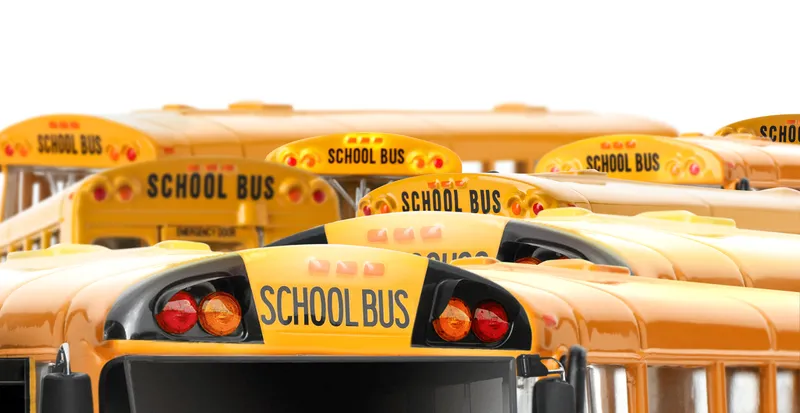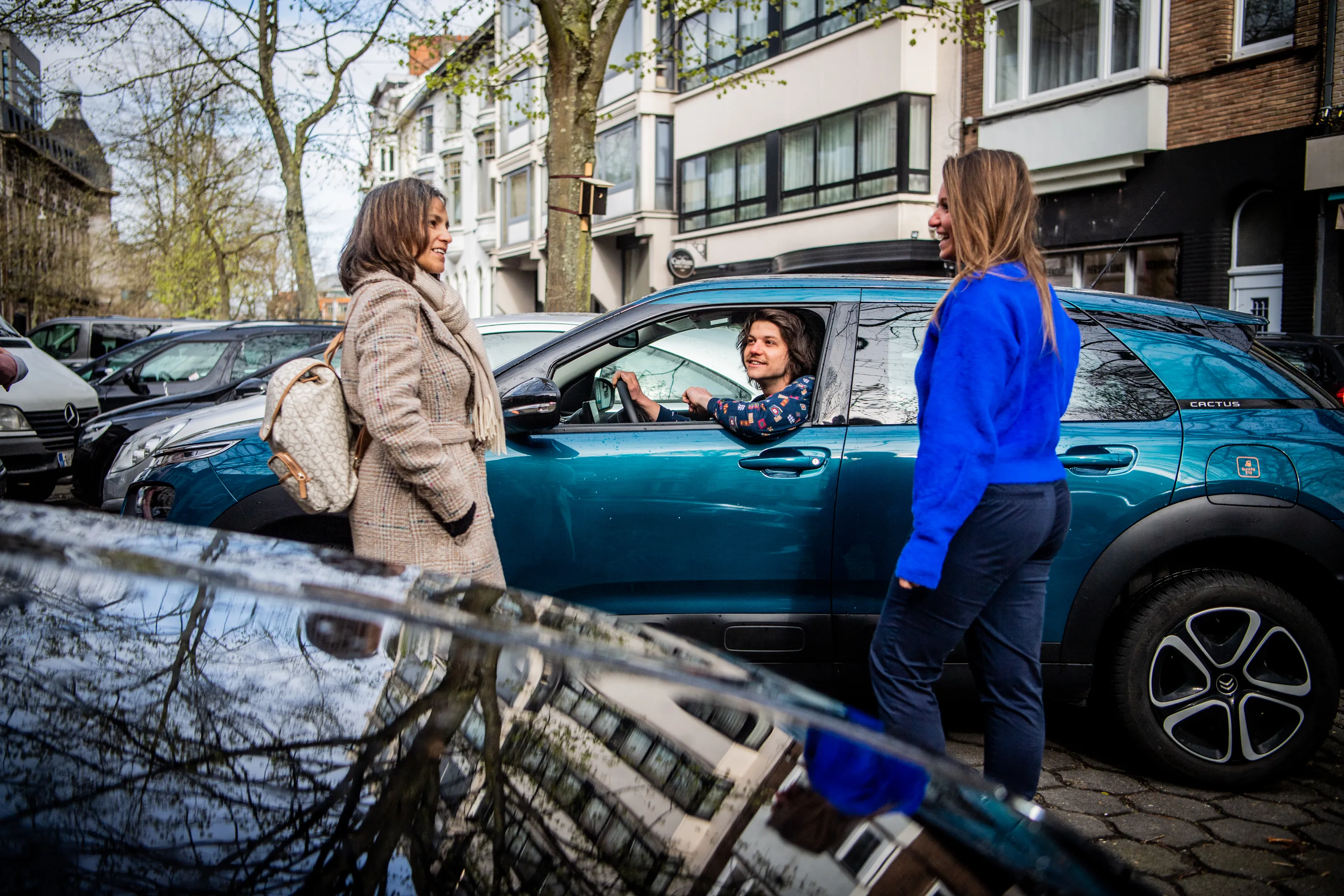
Three firms - NextEra Energy Resources, First Student and First Transit - are working together to electrify tens of thousands of school and public transportation vehicles across the US and Canada.
First Student provides school transportation solutions while First Transit provides mobility solutions to the private sector.
Both companies are part of FirstGroup, a provider of transport services in North America and the UK.
NextEra says the US and Canada combined have approximately 520,000 yellow school buses in total.
The energy company insists there are factors within this market driving the conversion to electric vehicles (EV) and potential Vehicle to Everything (V2X) development.
These include an increasing demand for pollution-free school buses from schools and communities as well as the strategic location of school bus depots for installation of charging and grid connection infrastructure.
The new partnership wants to address these opportunities by initially focusing on First Student's fleet of 43,000 yellow school buses and nearly 500 depots in the US and Canada.
In the public transit market, NextEra claims the US and Canada combined have approximately 160,000 buses and other vehicles.
The companies will focus on First Transit's base of more than 300 customers to create new business opportunities associated with fleet electrification.
First Transit president Brad Thomas says: “With battery and electric vehicle prices falling rapidly, and with an increasing focus on sustainability, many fleets are preparing for wholesale electrification.”
John Ketchum, CEO at NextEra, says: “The growing shift away from internal combustion engines is expected to drive over one fifth of US energy demand by 2050. Working with First Student and First Transit will enable future investments in electrification upgrades and charging stations, as well as energy management services.”









